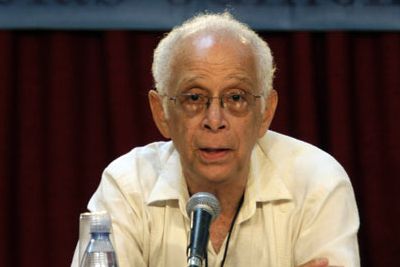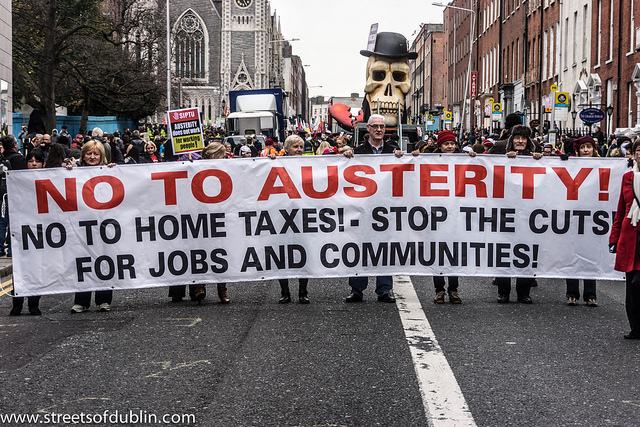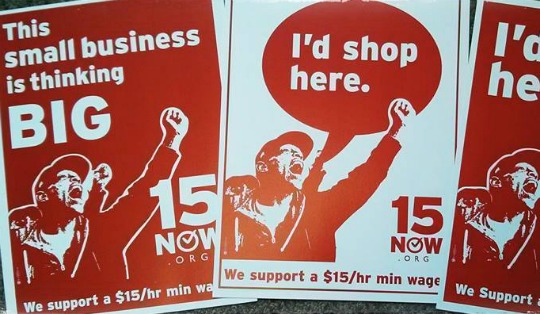
More than any other group, black job applicants are being turned away by U.S. companies under the implicit assumption that they are using illegal drugs, according to a new study published by the National Bureau of Economic Research (NBER).
IBW21 (The Institute of the Black World 21st Century) is committed to enhancing the capacity of Black communities in the U.S. and globally to achieve cultural, social, economic and political equality and an enhanced quality of life for all marginalized people.

More than any other group, black job applicants are being turned away by U.S. companies under the implicit assumption that they are using illegal drugs, according to a new study published by the National Bureau of Economic Research (NBER).

Just a few months ago, Florida Republican leaders were backing a legal challenge to oppose a medical marijuana ballot initiative in the state, saying it would lead to the “Coloradoification” of the state.

In March, we learned that under the new NYPD police commissioner, Bill Bratton, the number of stop-and-frisks police were making dramatically decreased.

Veteran actor Danny Glover, who spoke Sunday at The University of Chicago during the school’s Annual Public Lecture Series, said the Academy Award-winning movie “12 Years a Slave,” deeply affected him.

he US Justice Department is pursuing criminal investigations of financial institutions that could result in action in the coming weeks and months, US attorney general Eric Holder said in a video, adding that no company was “too big to jail.”

University of the West Indies (UWI) Professor Norman Girvan was lauded for his dedication and development of the region during a memorial service held at the University Chapel at the University of the West Indies, Mona campus on Saturday.

The contraction of capital, the latest stage in the perpetual crisis of the free market, is happening again. This time it is feeding on the oxygenated blood of the working poor.

That’s the summarized reaction by progressive activists in Seattle to a proposal by the city’s mayor, Ed Murray, presented to the city council this week that calls for a phased-in minimum wage hike to $15 an hour over four years.

Interview with Kali Akuno who was the Coordinator of Special Projects and External Funding for the late mayor Chokwe Lumumba in Jackson, MS.

Celebrities served as more than just pretty faces at the White House Correspondents’ Dinner this weekend. While they were in town, several big names, from basketball stars to musicians, also stopped by the week’s Sunday news talk shows to get in a word about policy.